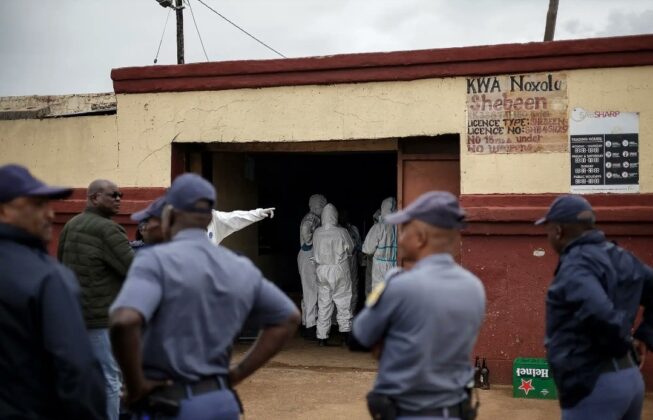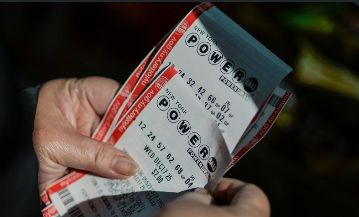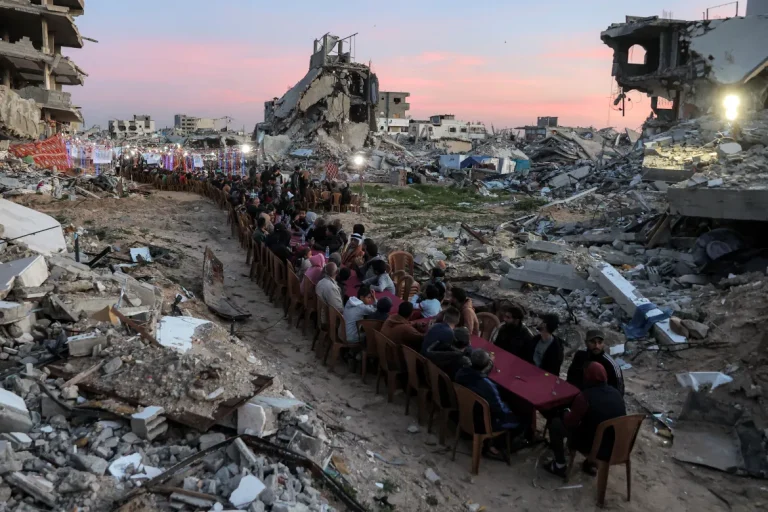
Snapback Sanctions Loom as E3 Gives Iran 30 Days to Scale Back Nuclear Programme. Image: The Jerusalem Post.
(The Post News) – The E3 nations, three European countries—Britain, France, and Germany—triggered the snapback provision of the 2015 Iran nuclear deal, launching the reimposition of wide-ranging United Nations sanctions.
The move comes after months of moribund negotiations and mounting concerns that Tehran’s nuclear ambitions have well exceeded civilian needs. The decision, issued on Thursday, gives Iran 30 days to make concessions or else face tightened international sanctions, such as frozen assets, an arms embargo, and restrictions on its ballistic missile capability.
The 2015 Joint Comprehensive Plan of Action (JCPOA) was designed to prevent Iran from achieving nuclear weapons in exchange for sanctions relief. Under the deal, Iran was limited to having no more than 300 kilograms of 3.67% enriched uranium. But Western officials claim Iran has been in “serious non-compliance” since 2019, with uranium holdings 45 times the JCPOA and with enrichment levels approaching weapons grade.
British Foreign Secretary David Lammy said the UK and its European allies had “negotiated in good faith” but were “left with no choice.” Lammy warned that Iran’s nuclear ambitions remain a threat to global peace and security. “While we have been compelled to take this action, the ball remains in Tehran’s court,” he said.
While French Foreign Minister Jean-Noël Barrot also underscored that the action was “not the end of diplomacy,” Germany’s Johann Wadephul urged Tehran to cooperate with the UN’s atomic watchdog and return to the negotiating table with Washington.
Iran’s Furious Response
Iran immediately rejected the E3 decision. Its foreign ministry called the snapback sanctions “provocative and unnecessary” and said they would be met with “appropriate responses.” Abbas Araghchi, the Deputy Foreign Minister, denounced the move as “illegal and unjustified,” accusing the Europeans of sabotaging diplomacy. Tehran asserts its nuclear program is for peaceful energy generation and medical application, but not weapons production.
An Iranian government spokesperson told Reuters in a statement that the E3’s action was “an act against diplomacy, not an opportunity for it,” but insisted that Tehran “will not yield under pressure.” The action was praised by U.S. Secretary of State Marco Rubio, who stated that the E3 had made a “clear case” of Tehran’s “substantial non-performance.”
“The United States will coordinate with the E3 and other members of the UN Security Council to reimpose sanctions in full,” Rubio said. “And all the while, we remain open to direct negotiations with Iran toward a peace agreement.”
The US was central to the JCPOA but withdrew under Donald Trump in 2018, labeling it a “bad deal.” Washington then reimposed its sanctions, and Iran escalated its nuclear program.
Global Divisions Over the Iran Nuclear File
The UN Security Council will meet in a closed session on Friday to discuss the E3’s snapback request. But deep divisions are already evident. Russia and China, the original signatories of the nuclear deal, have put forward a counter-resolution to extend the deal to six months and urge resumption of negotiations. Russia’s deputy UN envoy described the E3 move as having “no legal bearing.” Meanwhile, China has called on all parties to stop the escalation and go back to dialogue.
If sanctions are re-imposed, they would be applicable to all UN members, including Russia and China, raising the stakes for Tehran’s already fragile economy. The new sanctions would entail freezing Iranian assets abroad, reinstating an arms embargo, restricting ballistic missile technology, and expanding financial and banking sanctions.
Most critically, the mechanism also provides the U.S. with a future veto over UN sanctions removal, which it currently does not have. Western officials say they pushed ahead of 15 October, when their authority to implement the snapback under the JCPOA would have expired.
Onlookers warn the move might encourage Iran to harden its position or pull out of the Nuclear Non-Proliferation Treaty (NPT). Some Iranian lawmakers already denounced any future cooperation with the International Atomic Energy Agency (IAEA) as “a disaster.”
The IAEA left Iran earlier this year after Israeli and US bombing of nuclear facilities, and inspectors have since been trying to regain full access. Iran has expanded monitoring at its Bushehr plant, but major facilities remain off-limits. The snapback step could also fuel tensions with Israel and the US, both of which have warned that they stand prepared to make a military move if Iran approaches nuclear weapons.
The E3 believe diplomacy can still succeed. They are banking on Iran making the most of the 30-day window to embrace new verification procedures, roll out the red carpet to IAEA inspectors once again, and cut back on enrichment. UK officials said, “We have bent over backwards to agree, but there has not been sufficient response from Tehran. Bluntly, we have run out of time.”
With the UN General Assembly convening in September, the Western leaders must be actively nudging for fresh negotiations. However, if Tehran does not shift its position, the snapback would kick in, potentially leaving Iran with the most severe sanctions regime since Trump abandoned the nuclear deal in 2018.



